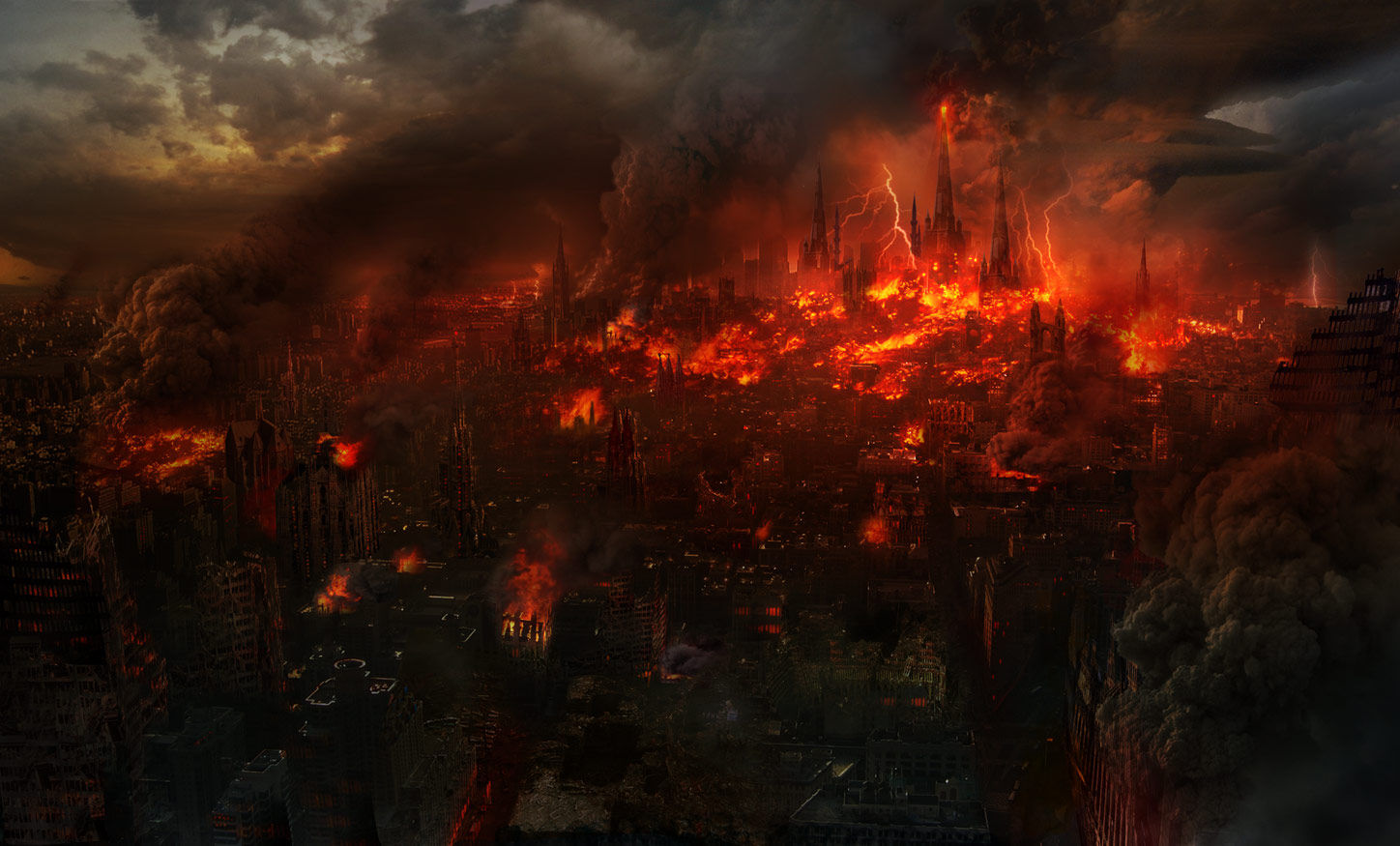“The repairs are not done at home, and I cannot possibly leave town just now. Of course if you were in any danger, I could and would, but you really are better, dear, whether you can see it or not. I am a doctor, dear, and I know. You are gaining flesh and color, your appetite is better, I feel really much easier about you.”
The fact that he takes into account her current fear of being in danger implies his disbelief and further proves this not only doctor to patient relationship, but also men to women funnel of "knowledge" within the context or historical perspective of the story.


